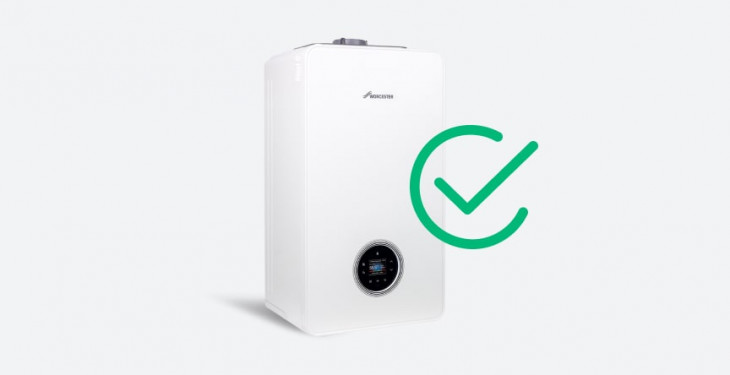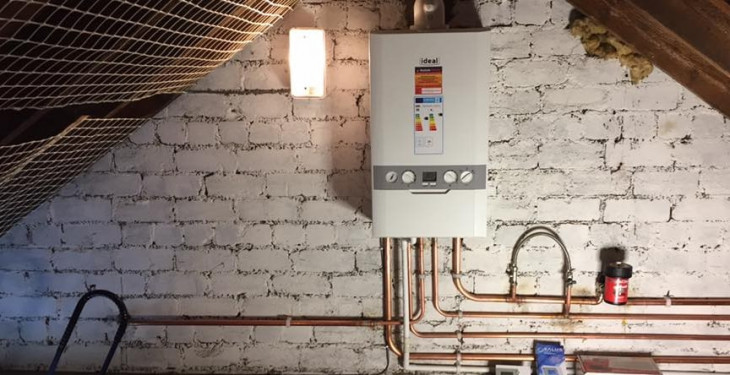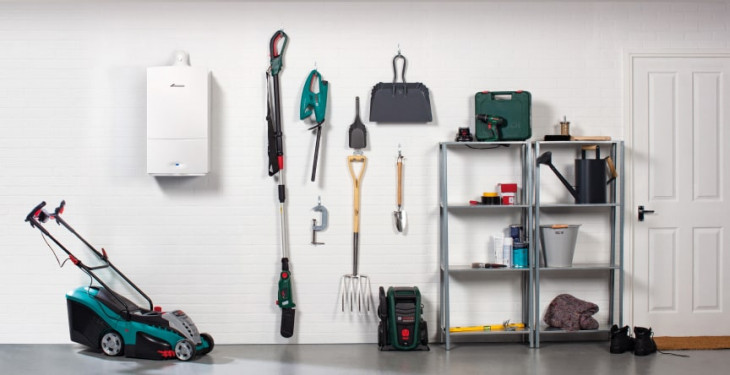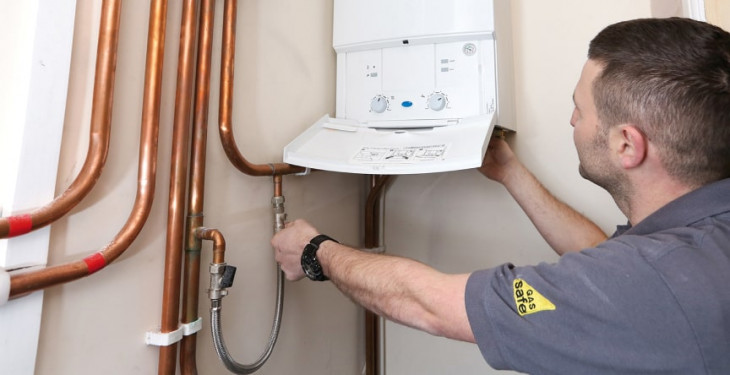

Written by Stephen Day
Gas Safe Engineer
Updated: 6th February, 2026
If you believe you would benefit from moving your boiler to a new location, either for financial or safety reasons, the good news is that it’s possible to do so in most cases.
Get a new boiler quote, save up to £550 per year (0% APR available).
Depending on which type of current boiler you have in your home, and the proxemics of it’s intended location, it is in some cases possible to move a currently operational boiler from one part of the property to another.
However, it’s prudent to consider the move of a current boiler in terms of its monetary aspects before committing to such an undertaking.
You should consider remaining warranty length, the overall condition/performance of the boiler, and the viability of its new installation location.
There is absolutely no point in paying for the relocation of your current boiler if it’s on it’s last legs, the whole process would constitute a waste of time and money, and would lead to you panic buying a new boiler when (not if) it fully breaks down.
If your current boiler is older, less efficient than you’d like, or showing any signs of wear and tear, it may prove financially beneficial to install a new boiler in the location you intended to move your existing one to.
A fact of mechanical engineering and a more detailed design process, technological advancements in recent times have made modern boilers far more robust and efficient than anything made previously.
The best way of ensuring optimum boiler performance is by proactively replacing ageing or faulty boilers at the earliest signs of degradation, this preventative step is far more prudent than reactive maintenance.
Modern Gas boilers are vastly more efficient than antiquated older models, reducing energy wastage which in turn saves you money!

Age of Boiler | Efficiency Percentage | Efficiency Rating (ErP) |
0+ Years | 90% + | A |
10+ Years | 85% + | B/C |
15+ Years | 80% + | C/D |
20+ Years | 70% + | E/F |
25+ Years | 60% + | G |
The direct correlation between a boiler's age and its efficiency is clear to see in the newer systems’ ErP.
Get a quote in 60 seconds, fitted as fast as next day!
0% APR finance available.
Unlike conventional boilers, combi (combination) boilers link a home’s central heating system and water heating; no separate hot water tank is needed which is cleaner as it avoids potential rust or debris build up while providing instant hot water.
This allows a compact boiler, succinct enough to easily fit into a standard kitchen cupboard, to thoroughly heat a home without stealing lots of space, especially when stored neatly in a loft or garage.
Combi systems are also easier to service or for boiler replacement due to their popularity, meaning greater part availability.
If a brand new, efficient combi boiler sounds ideal for your home’s heating requirements but you have an older style of boiler currently set up, don’t worry as these can be converted into a combi as well.
Back boilers for example, are an old, antiquated variety of boiler that can be found fitted behind an open fireplace, instead of in its own designated area i.e a loft.
These types of archaic heating system are poor in terms of comparative efficiency, performance, space saving, and safety compared to a modern combi.
Most people opt for a combi conversion as an upgrading of the entire system could be more efficient in the long run, and may ensure less future faults, reducing repair or maintenance costs.
An overhead, out of sight, secure storage space such as a loft or attic is a popular relocation choice for many people, and this area provides both positive and negative potential realities for homeowners.

Creates space in higher traffic living areas within the property, a big upside if you decide to sell the house
Hides pipes and water circuit infrastructure
Less noise pollution
Restricted access to the boiler when compared to a storage or airing cupboard
Insufficient gravity for conventional boiler functionality as storage tank would be on the same level
Subject to extreme temperature changes without adequate insulation
The Garage is an equally prevalent boiler deployment location, but again the complexities of such a move provide both pros and cons.

Greatly reduces operational volume
Conceals pipework more efficiently than some locations
Boiler is out of the way, creating more space in living areas
The boiler may face freezing as garages are often much colder than the inside of a property
If the garage is detached, the boiler pipework must be efficiently connected to the main property
If the relocation area of a loft or garage is proactively prepped for the installation of a new boiler e.g with suitable insulation, all safety regulations have been met, and the boiler itself has anti-frost protection technology, there is no reason either of these locations wouldn’t be a good choice to house your new boiler.
New Combi | Attic/Loft | £400 | |
New Combi | Garage | £400 |
*Excluding boiler + installation cost
it’s always prudent to arrange any move, servicing or maintenance of your boiler to be carried out by a Gas Safe registered engineer. This is a fully trained and qualified gas engineer who is legally licensed under the published Gas Safety (Installation and Use) Regulations 1998 (GSIUR).
All registered Gas Safe engineers should carry and be able to present official accreditation and have a verified and unique ID number.
All of our iHeat engineers are registered Gas Safe!

Here at iHeat we stock an eclectic range of superb boilers, sleek and powerful enough to supply any property, even larger homes with multiple bathrooms or water outlets.
If you’ve liked what you’ve been reading, and would like to upgrade an old, inefficient boiler to a modern and highly capable heating system, contact us today!
Last updated: 6th February, 2026

Written by Stephen Day
Gas Safe Engineer at iHeat
Stephen Day is a Gas Safe registered and FGAS certified engineer with over 20 years of hands-on experience in the heating, cooling, and renewable energy industry, specialising in boiler installations, air conditioning, and heat pump systems.
LinkedInArticles by Stephen Day are reviewed by iHeat’s technical team to ensure accuracy and reliability.

27th February, 2026
Condensing boilers are considered to be some of the most efficient boilers out there on th...
 Read Article
Read Article

26th February, 2026
Vaillant boilers use a variety of parts to ensure efficient operation. This section looks...
 Read Article
Read Article

26th February, 2026
Leaving the heating on low all day might seem like a way to avoid the chill without bursti...
 Read Article
Read Article
No obligation. Takes less than 60 seconds.